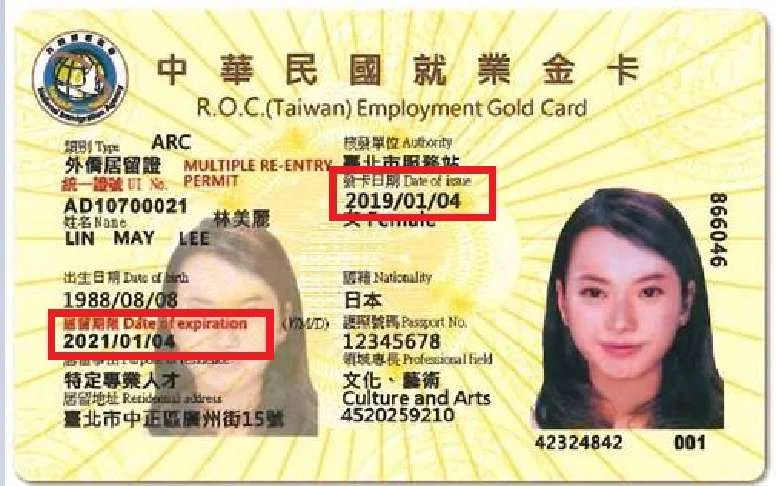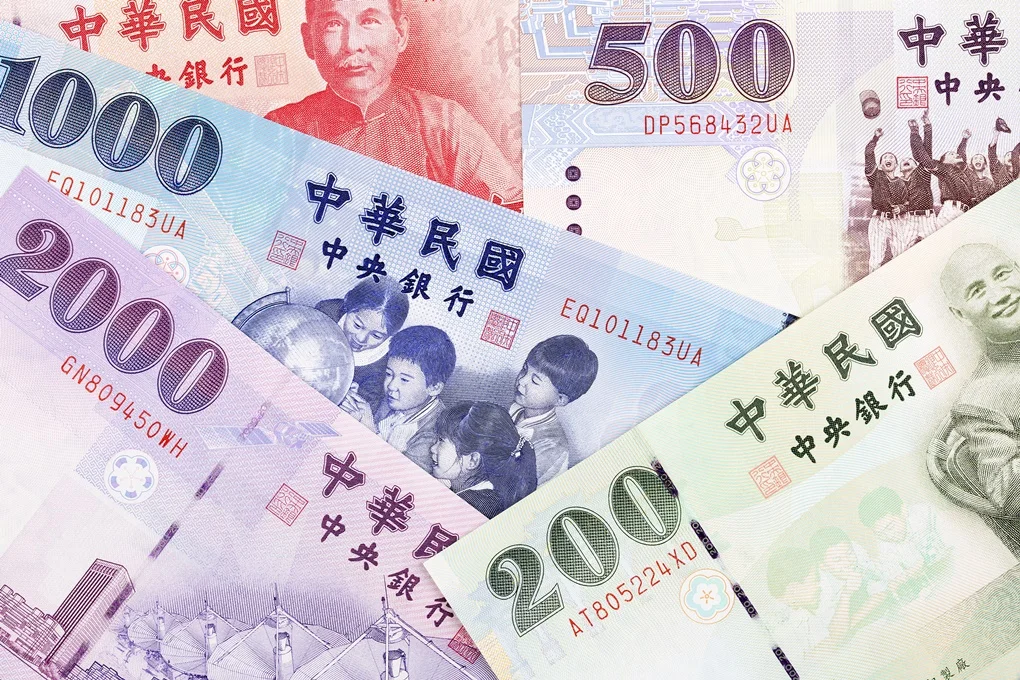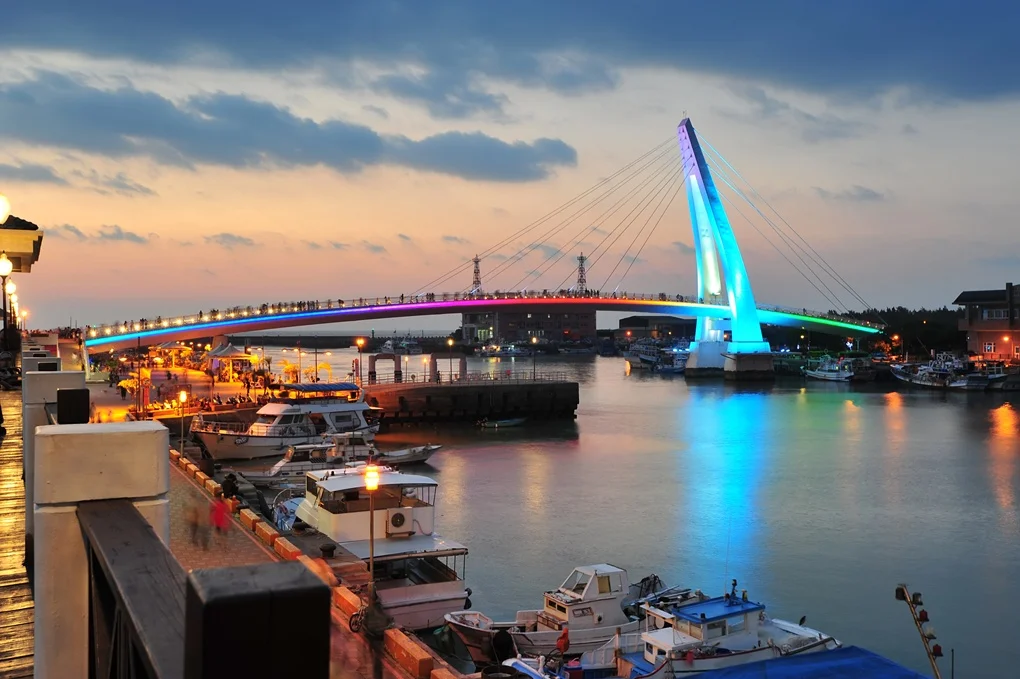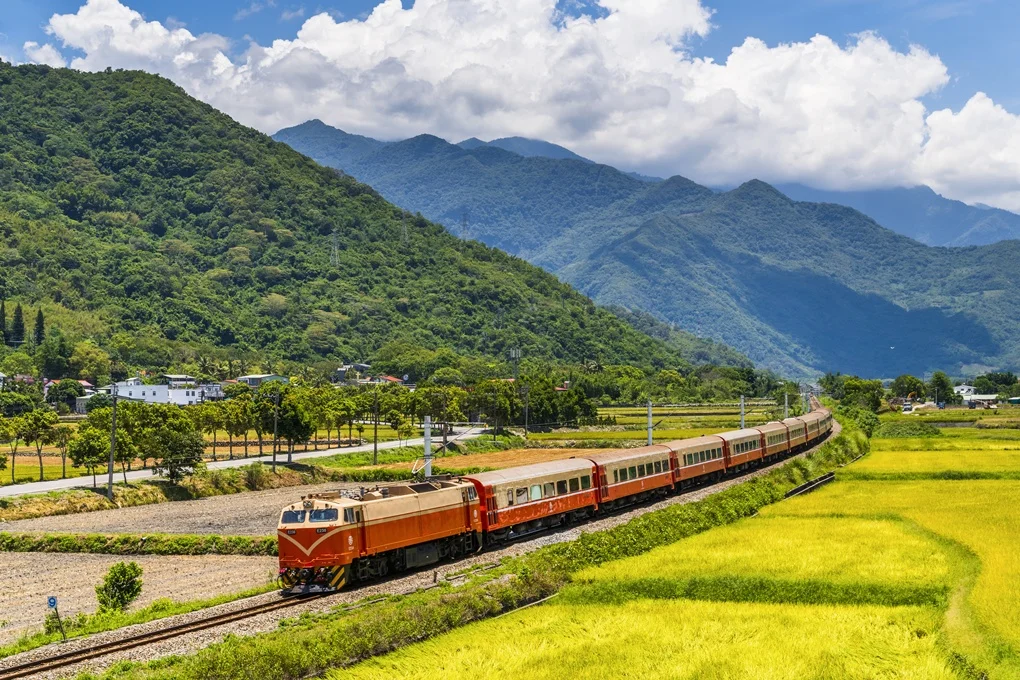Taiwan Digital Nomad Guide | Visa, Currency Exchange, Weather, Internet All in One View
November 5, 2024

Photo by FilippoBacci from iStock
This article compiles essential information for digital nomads coming to Taiwan, including visa details, best travel seasons, internet recommendations, currency exchange methods, cost of living, and emergency situations. In the next article, we’ll introduce city and accommodation recommendations in Taiwan, so be sure not to miss it!
Located in East Asia, Taiwan has long been a popular destination for digital nomads. With its affordable cost of living, safe society, stable internet, affordable healthcare resources, and a welcoming attitude toward diverse cultures, Taiwan is highly favored by digital nomads.
The Economist recently published the “The Global Liveability Index 2024”, where three Taiwanese cities—Taipei (ranked 66th), Kaohsiung (72nd), and Taichung (74th)—made it to the top tier of global cities. Taiwan also ranks among the top digital nomad destinations worldwide.
If you're planning to become a digital nomad in Taiwan, this "Taiwan Digital Nomad Guide Series" will provide all the essential information you need. In this edition, we cover:
- Taiwan Nomad | Visa Details
- Taiwan Nomad | Travel Seasons
- Taiwan Nomad | Internet Recommendations
- Taiwan Nomad | Currency Exchange Methods
- Taiwan Nomad | Living Costs
- Taiwan Nomad | Emergency Situations
Taiwan Nomad | Visa Details
Foreign nationals coming to Taiwan typically enter using a visa-free entry or a tourist visa, allowing a maximum stay of 90 days. Taiwan now also offers a Digital Nomad Visa, which permits a stay of up to six months.
For eligibility requirements and application procedures for Taiwan's Digital Nomad Visa, please refer to: Taiwan Digital Nomad Visa is Here! Application Requirements and Required Documents All in One View!
Additionally, eligible individuals can apply for a "Taiwan Employment Gold Card", allowing a stay in Taiwan for one to three years. Here are the details:
- The Taiwan Employment Gold Card is a 4-in-1 card, that includes a resident visa, work permit, Alien Resident Certificate (ARC), and re-entry permit
- Holders can freely search for, take up, and change jobs within the validity period.
- Applicants must have a monthly salary of at least TWD 160,000 (from either domestic or foreign employers).
- High-skilled professionals in 11 fields, including Science & Technology, Economy, Education, Culture & Arts, Sport, Finance, Law, Architecture, National Defense, Digital, and Special cases recognized by the National Development Council, are eligible to apply.

Extended Reading: Taiwan "Employment Gold Card" for Digital Nomads:Steps on How to Apply for It
Taiwan Nomad | Travel Seasons
Taiwan experiences mild seasonal temperature changes, but the characteristics of each region are different. Be sure to check the weather before your trip.
- Spring (March - May): Warm and comfortable, with temperatures between 15°C and 25°C. Rainy season starts in May (May - June), bringing more rainfall.
- Summer (June - September): Hot and humid, with temperatures often exceeding 30°C, especially in July and August. Afternoon thunderstorms are common, and this is also typhoon season.
- Autumn (October - November): Cool and dry, with temperatures between 20°C and 28°C. This is the most pleasant season in Taiwan, ideal for outdoor activities and travel.
- Winter (December - February): Average temperatures between 16°C and 20°C, with larger temperature differences between day and night. Northern Taiwan is colder and more humid, with temperatures dropping to around 10°C during cold fronts.
- Northern Taiwan (Taipei, New Taipei, Keelung): Humid winters with frequent drizzle, hot summers with frequent afternoon thunderstorms.
- Central Taiwan (Taichung, Miaoli, Changhua): Relatively stable climate, dry year-round with moderate temperatures.
- Southern Taiwan (Kaohsiung, Tainan, Pingtung): Hot climate, with sunshine and little rainfall most of the year, also in Winter, the temperature in winter is about 19°C to 20°C.
- Eastern Taiwan (Hualien, Taitung): Humid and hot, with abundant sunshine throughout the year. However, the region is frequently affected by typhoons in summer.
Taiwan Nomad | Internet Recommendations
As a digital nomad in Taiwan, you can choose from three short-term internet solutions: buying a SIM card, using eSIM, or renting a Wi-Fi router. Here are the details:
Buying a SIM Card
Taiwan’s main telecom providers include Chunghwa Telecom, Taiwan Mobile, and FarEasTone, each offering prepaid Taiwan SIM cards for tourists (Tourist Taiwan SIM) and general prepaid SIM cards (Prepaid SIM).
These are available at Taoyuan International Airport, Songshan Airport, train stations, telecom company stores, and convenience stores. It’s recommended to pre-order through the telecom provider’s website or travel platforms like KKday and Klook, and pick it up at one of the mentioned locations.
Tourist Taiwan SIM: Available in 3-day, 5-day, 7-day, 10-day, 15-day, and 30-day plans. Insert the SIM card and start using it immediately, but it cannot be topped up with other plans and will expire automatically after the selected period.
Prepaid SIM: Buy a general SIM card and top it up with plans based on your needs, such as daily, hourly, or data-limited plans.
How to choose between the three telecom providers?
- Chunghwa Telecom: Best for outdoor activities in mountainous or island areas / faster and more stable internet.
- FarEasTone & Taiwan Mobile: Suitable for use in cities / lower prices and more discounts.
Using eSIM
eSIM is a virtual SIM card. If your phone supports eSIM, you can purchase a plan from a telecom provider and set it up directly on your phone, eliminating the hassle of switching physical SIM cards and the risk of losing them.
Renting a Wi-Fi Router
You can pre-order a Wi-Fi router from rental platforms like Rent WiFi in Taiwan, KKday, or Klook, and choose home delivery or pick up and return the goods at the airport or store. The advantage is that multiple devices can connect at once, and rental periods are very flexible.
Taiwan Nomad | Currency Exchange Methods

Exchange money at the counter
Taiwan’s major banks include Bank of Taiwan, Mega Bank, Cathay United Bank, E.SUN Bank, CTBC Bank, First Bank, SinoPac Bank, Hua Nan Bank, Taipei Fubon Bank, and Taishin Bank.
You can visit any of these banks to exchange currency in person. Bank of Taiwan and Mega Bank also have service counters and ATMs at international airports. Here’s the detailed information:
Bank of Taiwan
- Arrival Hall: 06:00 - 22:30
- Departure Hall: 06:00 - 07:30
Mega Bank
- Arrival Hall: 08:00 - 22:30
- Departure Hall: 06:00 - 07:30
Bank of Taiwan / Mega Bank
Service hours: 05:30 - 22:30, but each counter has different hours. It’s recommended to check online before your visit.
Additionally, three locations offer 24-hour foreign exchange counters:
- Terminal 1 Arrival Hall, 1st floor, restricted area
- Terminal 1 Arrival Hall
- Terminal 2 Arrival Hall, 1st floor, restricted area
Bank of Taiwan
- Departure Hall: 06:00 - 23:00
- Arrival Baggage Claim Area: 09:00 - 17:00 (adjusted based on arrival flight schedules)
Bank of Taiwan
- 3rd Floor, Departure Hall: 05:30 - 16:30
- 1st Floor, Arrival Hall: 09:00 - 24:00
Mega Bank
- 3rd Floor, Departure Hall: 05:30 - 17:00
- 1st Floor, Arrival Hall: 09:00 - 21:00
Online Currency Exchange
You can handle currency exchange in advance using the online exchange system or mobile banking apps from various banks, and pick up the cash in person at the designated bank. It is recommended to pre-arrange online exchange and select a bank based on the airport you’ll be arriving at to save time and hassle.
However, only a few airport banks provide 24-hour services, and most banks outside the airport are open from 09:00 to 15:00. If you need to exchange currency during off-hours, foreign currency ATMs are also an option.
Foreign Currency ATMs
There are two types of foreign currency ATMs. The first type allows you to withdraw US dollars, Japanese yen, or Chinese yuan using any bank card (some ATMs from Bank of Taiwan and E.SUN Bank also offer Euros and Hong Kong dollars).
The second type of machine, a foreign currency cash ATM, allows users to scan their passport or entry permit to instantly withdraw cash in US dollars, Japanese yen, or Chinese yuan.
These ATMs are available 24/7 and can be found in airports, banks, major train stations, high-speed rail stations, tourist attractions, large hotels, shopping malls, or specific convenience stores. It’s best to check the locations and the available currencies beforehand.
Taiwan Nomad | Living Costs
Many people wonder: Is the cost of living high for digital nomads in Taiwan?
According to Numbeo, the monthly living cost for a single person (excluding rent) is around TWD 24,000 in Taiwan, TWD 38,000 in the U.S., and TWD 29,000 in Japan.
However, actual expenses vary depending on the region. For example, the average monthly expense per person in Taipei last year was nearly TWD 34,000. In New Taipei City, Taichung, and Kaohsiung, it was around TWD 26,000. In Tainan, it was TWD 23,000, and in Hualien and Taitung in eastern Taiwan, it was TWD 21,000.
If you want to experience the vibrant city life in the north but are worried about higher living costs, you can choose to live in more affordable areas such as New Taipei City and commute using convenient public transportation.
Alternatively, Taichung is also a great option with excellent living conditions and moderate expenses. If you place more emphasis on enjoying a slower-paced lifestyle, the southern and eastern regions may be more suitable for you!



Taiwan Nomad | Emergency Situations
Although Taiwan is generally safe with excellent law and order, there are still some emergency situations to be aware of:
Health and Medical Emergencies
Taiwan has many clinics and hospitals, and when you’re feeling unwell or injured, you can search for the nearest clinic or hospital. Foreign nationals with an Employment Gold Card can benefit from Taiwan’s National Health Insurance (NHI), while those with a general visa will need to pay for medical expenses themselves.
The registration fee typically ranges from TWD 500 to TWD 1,500. In case of an emergency, you can call 119 for an ambulance. Emergency room fees are higher than regular consultation fees.
Legal Disputes (e.g. theft, traffic accidents)
Taiwan's emergency police number is 110. If you encounter lost property, traffic accidents, or any legal issues, be sure to call the police for assistance immediately!
Earthquakes
Taiwan is located on a seismic belt and experiences frequent minor earthquakes. It’s possible to encounter one or two major earthquakes (above magnitude 6.0) each year, especially in the east (Taitung, Hualien) and northeast (Yilan).
Although Taiwan has excellent earthquake-resistant infrastructure, it’s important to stay alert and know how to protect yourself during an earthquake.
- Indoors: When an earthquake occurs, take cover under a sturdy table or in a corner, protecting your head with your hands. Avoid standing near windows to prevent injury from shattered glass. If you're in a tall building, do not use the elevator; remain in place until the shaking stops before evacuating.
- Outdoors: Quickly move away from buildings, utility poles, and billboards that could fall. Move to an open area. If driving during an earthquake, slow down and pull over. Stay in the car and wait for the earthquake to end.
- Listen to Government Announcements: After an earthquake, stay updated with announcements from the Central Weather Bureau or local government. You can track earthquake alerts, magnitude, and epicenter information through the Central Weather Bureau’s website, which will also provide warnings about aftershocks.
Typhoons
Taiwan is prone to typhoons from June to October, which can bring strong winds, heavy rain, flooding, and landslides. It’s essential to prepare ahead of time and stay alert during typhoon season.
- Before the Typhoon: Monitor forecasts from the Central Weather Bureau and prepare emergency supplies like enough food, water, lighting, batteries, fully charged power banks, medications, and cash.
Check that doors and windows are secure, store potted plants indoors, and ensure drainage systems are clear. Avoid parking vehicles in low-lying areas.
- During the Typhoon: Stay inside a safe building and ensure windows and doors are tightly closed. Move valuable items to higher floors to prevent damage from flooding. Stay updated with the latest information from the government and weather bureau.
In case of a power outage, use a mobile phone or flashlight instead of candles to avoid fire hazards. Avoid unnecessary travel, but if you must go out, check the road conditions in advance.
--
Written and edited by / Irene Lin
Follow the Digital Nomad Facebook fan page and stay updated with more recent articles on Instagram (@digital.nomad.press)!
This content is protected by copyright. Please respect the author's work and do not copy or distribute without permission.

數位遊牧編輯群 Digital Nomad Editor Group
Digital Nomad is a knowledge sharing platform specially designed for “those who dream to become digital nomads.” We share the latest news and industry trends related to digital nomadism, as well as introduce essential skills and knowledge needed for freelancers, remote workers, etc. Our goal is to help you connect with fellow digital nomads!

